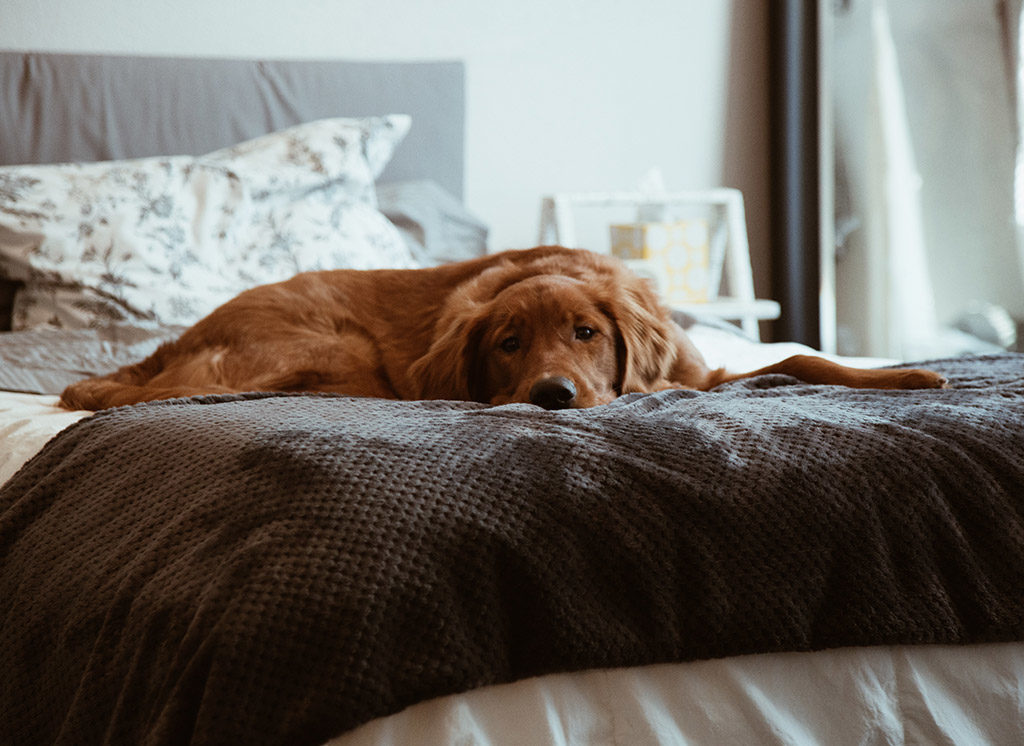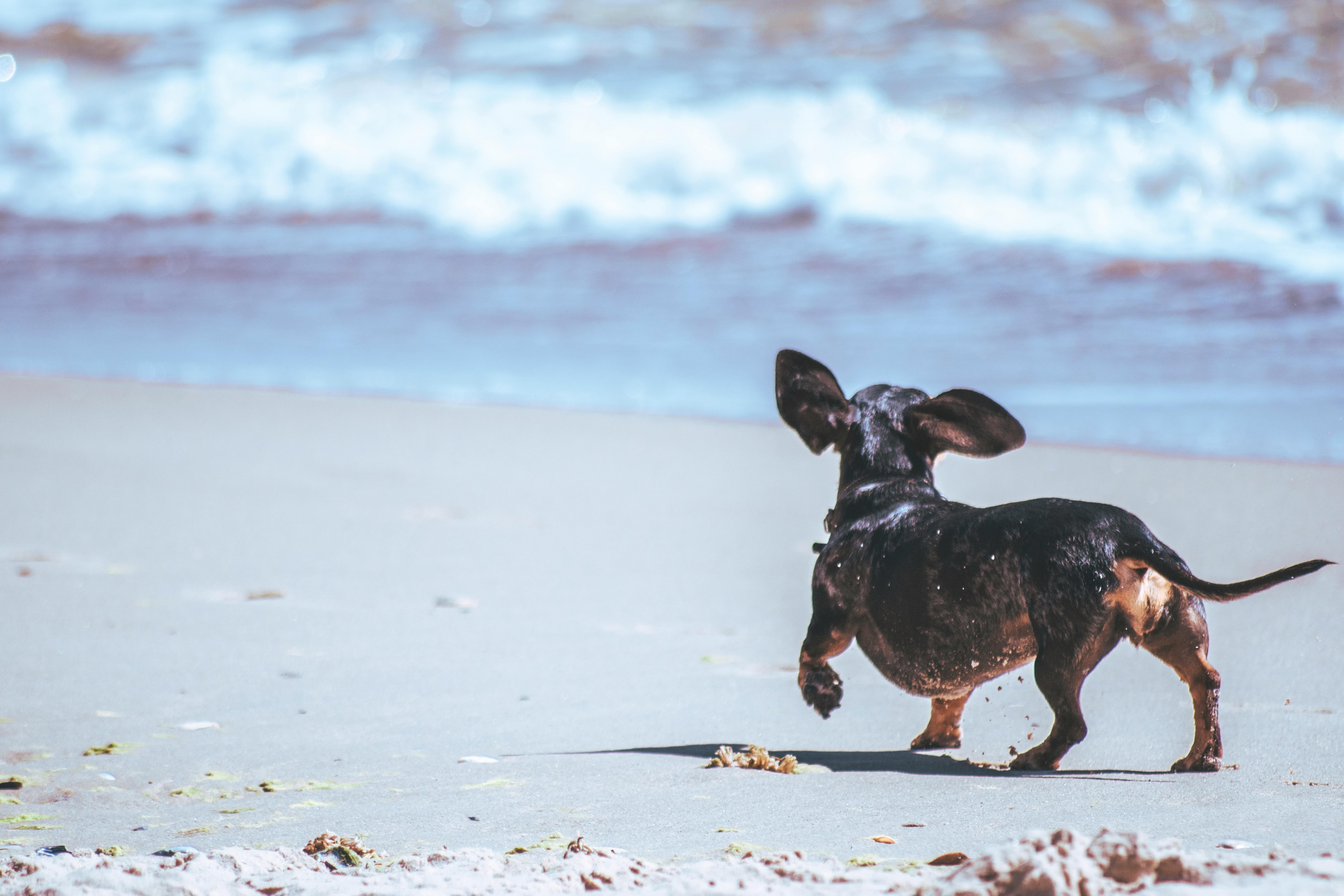Sleep is a magical mysterious thing that we simply can’t do without. The mechanism by which one falls asleep is still a little bit of a puzzle, as is the exact mechanism of waking up. There has been a lot of research into sleep disorders in people over the last few years with wonderful work being done to help those who suffer. Ranging from those that can’t get to sleep (insomniacs), don’t breathe properly while they sleep (sleep apnoeics) and children with hyperactivity attention deficit disorders (ADHD). But what about our pets?
Sleep Disorders: What’s going on in the brain?
With all the new information that’s being gathered, we are slowly starting to get some ideas as to how animals fall asleep and wake-up. In general terms, the processes of going to sleep, staying asleep, waking-up and staying awake are controlled by chemical messengers (a.k.a. neurotransmitters) in the brain. You’ve probably heard of a few of them: Dopamine, Melatonin, Histamine, Noradrenaline…. Depending on when and where they are released in they brain, they bring about a chain-reaction of events that either allows the animal to go to sleep or stay awake. Furthermore, these messengers are released in response to the time of day and activity around us. Sleep disorders can occur when one of these neurotransmitters is not being produced in the correct quantity, the correct time or if the little receptors that they bind to are not functioning correctly. There are other influences on the brain, including what’s going on in the environment and the rest of the animal’s body, especially relevant are the influences of hormones.
What are some of the sleep disorders affecting animals?
So, if your animal buddy is making you concerned about its change in sleep patterns, don’t just stay awake at night worrying about it, speak to your vet.


News & Updates
🐾 Now on the Sunshine Coast – Behavioural Services Starting 17 June!
We’re excited to share that Healthy Pet Behaviour Services will now be consulting on the beautiful Sunshine Coast at the Queensland
Veterinary Specialists
hospital in Warana